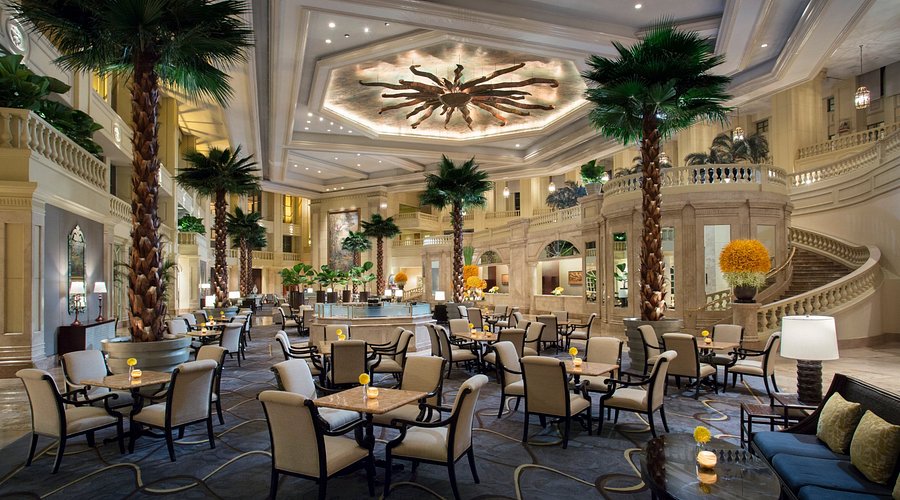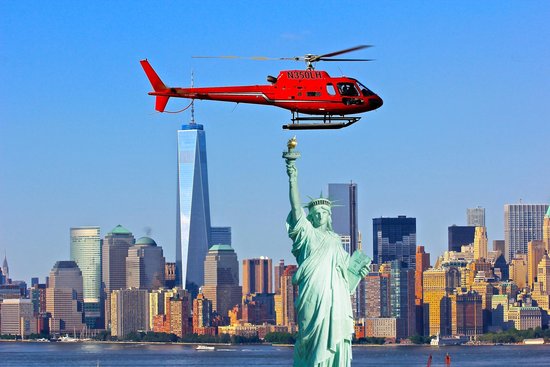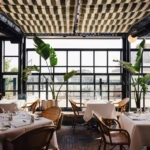AI will play a major role in the future of luxury travel.
AI is on the lips of every leader in every industry worldwide right now, and luxury travel is no exception. We are already seeing significant changes at airports thanks to AI where check in gates, immigration and passport checks are becoming automated and easier, even in developing countries like Indonesia.
For luxury hotels, the future changes from AI are predicted to be immersive, seamless and slick. From automated room functions to data integration, predictive AI concierges, and voice-activated smart suites, luxury travel will become even more personalised and easier.
Luxury travel via AI will be defined by anticipation, intuition, and seamless personalisation. World-class suites are being designed that literally know their guests—curating every moment in real time with the silent power of artificial intelligence, voice-activated environments, and biometric technology.
This is not a distant fantasy. In 2025, the AI-enhanced travel concierge is rapidly transforming five-star stays into the most bespoke and immersive experiences the world has ever seen. The world’s most elite travelers are already embracing the AI-enhanced travel concierge as the new standard in luxury hospitality.
Seamless biometric check-ins, predictive AI luxury hotel concierges, and voice-activated smart suites don’t just meet expectations—they raise the bar for what immersion, personalisation, and privacy really mean in the modern age. When the suite reads your mind, the journey feels truly limitless.
This is a snapshot of the future of luxury travel thanks to AI, and as many luxury travellers will see, many of these innovations are already in place or on the way.

Arrival: Beyond the Lobby
From the instant a reservation is made, AI begins to work behind the scenes. Drawing from past stay preferences, dietary notes, wellness routines, and even public social data, luxury hotels—such as Mandarin Oriental, Four Seasons, and Marina Bay Sands—build rich, live guest profiles before arrival, setting the stage for a hyper-personalised journey.
Forget fumbling with passports or waiting in line: biometric check-in greets guests by name, using facial recognition or fingerprint technology, cutting check-in from minutes to seconds.
Privacy is paramount, with each interaction encrypted and respectful of guest data. The suite unlocks with a glance, and luggage is automatically routed using AI-powered logistics, paving the way for truly frictionless travel.

The Suite That Reads the Mind
Upon entering the room, guests are enveloped in a space tuned to individual preferences. Voice-activated assistants—customised iterations of Alexa or Google—await commands: “Raise the blinds,” “Set the temperature to 22 degrees,” “Order Dom Pérignon Brut, chilled, and Beluga caviar for 8pm”.
Lighting, climate, aromatherapy, and entertainment are not only at the guest’s fingertips, but react automatically based on past behaviours and mood sensing technologies, ensuring each environment feels familiar, yet elevated.
AI concierges extend beyond the room. They curate city experiences: perhaps suggesting a private gallery tour in Paris, a midnight reservation at Tokyo’s hidden omakase den, or a helicopter transfer to a private vineyard luncheon. Guests can expect recommendations so tailored, it can feel as though the suite—and the entire hotel—truly ‘knows’ them.

Service, Seamless and Silent
Machine learning algorithms parse thousands of data points—room service habits, spa preferences, ideal pillow softness—anticipating needs without the guest ever reaching for the phone.
At properties like The Ritz-Carlton or Peninsula Hotels, AI chatbots and digital concierges handle logistical requests, while the traditional human concierge remains on-hand for truly complex, creative challenges.
This synergy between man and machine means elevated hospitality at all touchpoints, from automated voice ordering (“Turn on news in French, serve single-origin espresso at sunrise”) to virtual translators, instant language support, and even real-time travel adjustments based on weather, event traffic, or new local discoveries.

Immersive Wellness and Security
AI personalisation supports health and well-being at the highest level: suites adjust circadian lighting to optimize sleep, monitor air quality, and are stocked with favourite wellness products before arrival.
Spa treatments can be booked through a whisper to the virtual assistant, tailored to biometric wellness data for a truly holistic, restorative approach.
Biometric security ensures only trusted guests can access private spaces, offering peace of mind and nearly eliminating the risk of intrusion. This level of confidence is fundamental for VIPs, celebrities, and high-net-worth individuals seeking sanctuaries of comfort and confidentiality.

The Power—and Promise—of Predictive Luxury
Leading hotel brands continue to innovate at lightening speed. Mandarin Oriental’s AI planners and Peninsula’s PenChat platform offer multilingual, real-time advice with the warmth of human touch. Marina Bay Sands’ “SkyPark Assistant” even integrates live city data—offering weather updates, event suggestions, and traffic analysis before dinner reservations are even considered.
For hoteliers, the investment is in loyalty: guest satisfaction scores soar, fostering a sense of being valued, understood, and genuinely cared for.

Tomorrow, Today: The Difference of AI-Enhanced Luxury
What makes AI-powered luxury travel so revolutionary is its ability to anticipate and surprise. Instead of just reacting to wishes, suites, and services can proactively propose unforgettable experiences—whether that’s suggesting a once-in-a-lifetime sunrise yoga on a rooftop helipad after noticing consecutive early wake-ups, or arranging an off-menu gastronomic adventure based on social media trends.
And yet, as advanced as AI becomes, the finest properties are balancing technology with human artistry. Ultimately, luxury is still defined by emotion, personalisation, and connection.
AI acts as an invisible hand: orchestrating the logistics so every moment can be spent in wonder and relaxation, not administration.




